This website uses cookies so that we can provide you with the best user experience possible. Cookie information is stored in your browser and performs functions such as recognising you when you return to our website and helping our team to understand which sections of the website you find most interesting and useful.
Shaken not stirred: the story of Fukuju Sake
Even a massive earthquake could not destroy Fukuju’s dynamism, with the historic sake brewery emerging as a stronger business following a catastrophe just over 25 years ago. Patrick Schmitt MW reports on this remarkable operator.
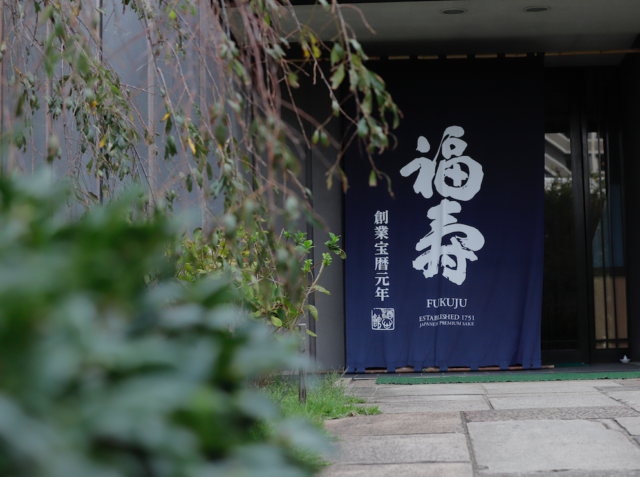 What are the ingredients for a great drinks brand? It’s a big question that would yield a range of responses from even the most experienced marketers, but certain traits are common to famous names, whatever the category. Among these is a long history, coupled to a relevant positioning today, and a quality product, with hard to replicate facets. One could add to that a constant desire to improve, and, as part of this, an ability to overcome setbacks, even catastrophes, while strengthening the offer.
What are the ingredients for a great drinks brand? It’s a big question that would yield a range of responses from even the most experienced marketers, but certain traits are common to famous names, whatever the category. Among these is a long history, coupled to a relevant positioning today, and a quality product, with hard to replicate facets. One could add to that a constant desire to improve, and, as part of this, an ability to overcome setbacks, even catastrophes, while strengthening the offer.
This is true of a range of established labels in wines and spirits, Champagnes and beers, and it’s also the case in Japan, where a famous name in sake has secured a powerful position through centuries of excellence, but also its brave response to adversity, and its forward-thinking approach to changing times.
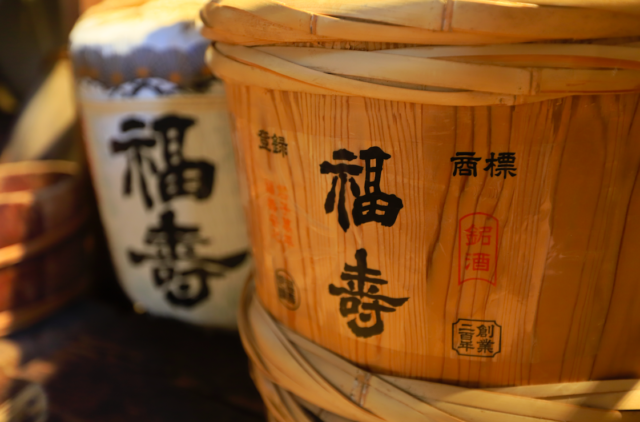
To consider the former first, the issue of history, this business has existed for 270 years. Called Fukuju, the sake brewery and brand was founded in 1751, taking its name from one of the Seven Lucky Gods in Japanese mythology, Fukurokuju. With fuku meaning ‘happiness’, roku, ‘wealth’, and ju, ‘longevity’, the sake brand has always been linked to moments of celebration.
Fukuju was established in the village of Nada, near the port of Kobe, the leading area for sake production in Japan. The location is important, because Nada is one of the great sources of sake, due to an ideal combination of climate, topography, soils and water in this part of Japan. Fukuju, lying below the Rokko Mountain range, has a bountiful access to exceptional natural water, which is low in iron, but rich in minerals, which the brewery blends with different types of more neutral water to create the ideal combination for a refined style of sake – in simple terms, Sake is made from water and rice, with the help of yeast and koji: the latter are used to convert rice starches into sugar, which is then consumed by yeast to create alcohol, just like any wine.
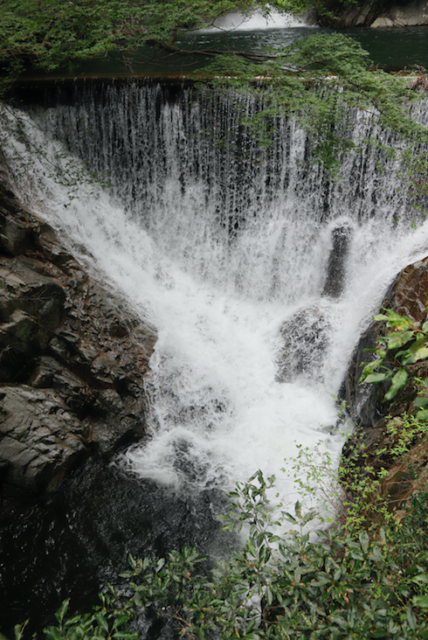
But these mountains are not only valued for the waters they yield. With a rich soil and the right weather conditions, this is also an ideal place to grow the best type of rice for sake, which is called Yamadanishiki. But that’s not all. The topography of Rokko also brings cooling winds to Nada, which ensures that Fukuju sakes ferment slowly. This in turn, ensures that the resulting sake is smooth.
While the excellent natural conditions of Nada, harnessed for almost 300 years by Fukuju, is one reason why this sake is revered today, it takes more than consistent focus on quality to ensure long-standing success. In fact, part of the sake’s fame today stems from Fukuju’s response to a major natural disaster almost exactly 26 years ago. This was because on 17 January 1995, a 7.3 magnitude earthquake struck the Hyōgo Prefecture, home to the Kobe port and village of Nada, destroying much of the village, including the Fukuju brewery in its entirety.
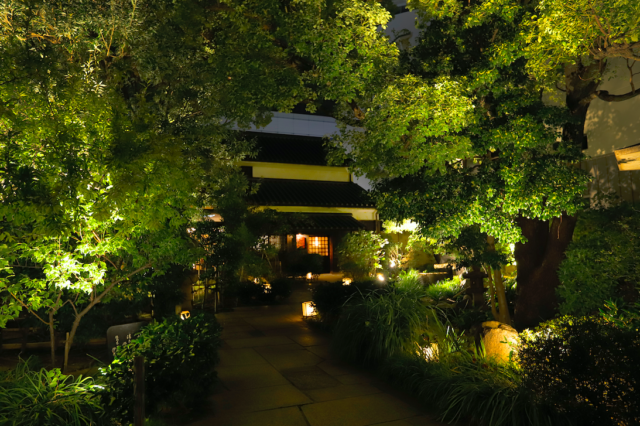
Thankfully, no-one was hurt, and Fukuju set about the task of planning a re-build. However, with the market for sake down from a high-point in the 70s, Fukuju decided to create a more diversified business, which would focus on premium sake, while providing customers with more than just a high-quality drink – the new brewery would not simply be a modernised replica of the old, but incorporate an events and tasting area, as well as a restaurant. Such additional elements to the business would not only mean taking Fukuju in new directions, but also bring it closer to the end consumer – 150,000 now visit the brewery each year.
Although visitor centres are now a common additional element for any major drinks brand, Fukuju was far-sighted, adding this to their offer almost a quarter of a century ago, ensuring that today, it is a major tourist attraction in the area. Over the past 25 years it has educated countless people about the sake-making process, while raising last awareness for the Fukuju brand.
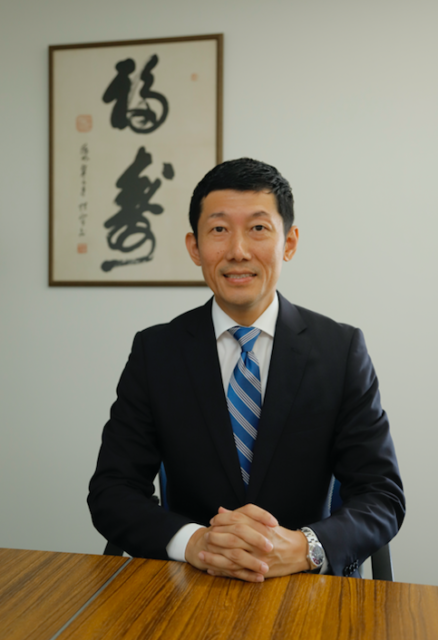
As for the sake itself, the re-focus on the top-end expressions, Daiginjo and Junmai Ginjo, has been key to Fujuku’s strength today, and also brought about greater familial involvement in the brewery’s operations. Today, Fukuju is run by the 13th generation of the brewery’s founding family, with Takenosuke Yasufuku taking charge of sake production, and his younger brother, Hironobu Kubota, dealing with the visitor attractions. The family have also taught themselves and their key employees the art of sake making, ensuring they are able to make a world-class product without undue reliance on a single Toji, or brew master. Technology has also helped, with, since 2006, Fukuju replacing long overnight shifts with technology-based precision temperature control and water circulation monitoring.
So, while the family-run brewer benefits from the traditions and knowledge handed down over generations, it has also taken great strides forward in terms of quality and efficiency by embracing modern technology, and innovative approaches to production.
The attention given to improving sake quality has extended to creating its own yeast for the fermentation process, while using only local rice – which also reduces the carbon footprint of the process.
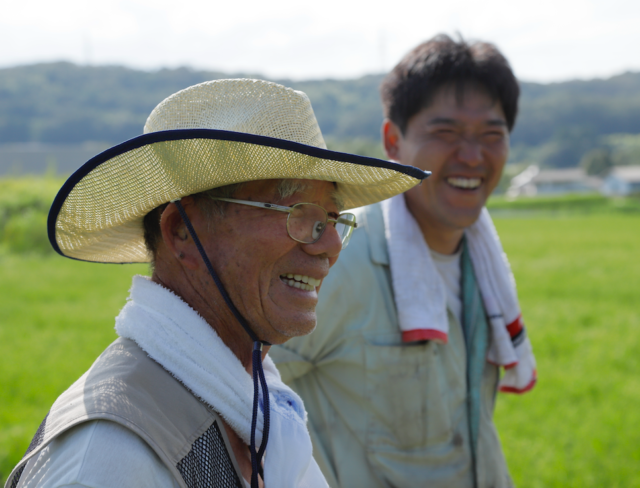
Indeed, in Fukuju’s quest to be as relevant as possible to today’s consumer, the current emphasis extends beyond improving sake quality to the issue of sustainability. Not only has Fukuju pioneered the implementation of jet air bubble technology to halve the amount of water used in the rice washing process, but it has also created a special reserve of fresh water for the local community in case of disaster, such as the momentous earthquake of 1995.
In all, both water consumption and CO2 emissions during Sake production have been reduced by around 10% at Fukuju over the past 10 years, and, during the same period (2010-2019), the brewery has been awarded a total of 46 gold medals in well-known sake competitions, including the International Wine Challenge. Fukuju has also been served at official Nobel Prize events.
Not only that, but during this same period, the brewery has more than doubled in size, even taking into account the impact on sales of the past 12 months from the coronavirus pandemic.
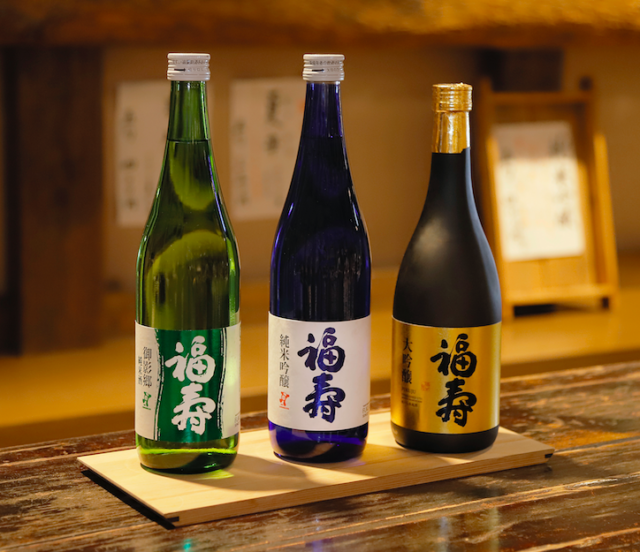
Finally, even its packaging has seen change for the better. While Fukuju’s flagship sakes come in blue glass bottles, because only brown and clear glass bottles are recycled in Japan, Fukuju have made an innovative change to the presentation of its top-end products. By applying an electrostatic coating to transparent bottles, they are now recyclable, reducing landfill by approximately 450,000 bottles a year, while retaining their signature blue appearance.
It’s a further and decisive sign of how to respond to the needs of the times without abandoning your heritage. And it’s another example of how Fukuju has managed to increase its brand strength with each new challenge.
So, if one wants a sake with impressive heritage, then Fukuju provides it. The brewer is also a source of distinctive drinks with proven quality. And it’s a producer with strong ethical and environmental credentials. Plus, since its relaunch after the Kobe earthquake of 1995, Fukuju is a tourist attraction with an educational bent. So, if you want to know the ingredients for a great brand, then look no further than Fukuju.
Fukuju: training the trade
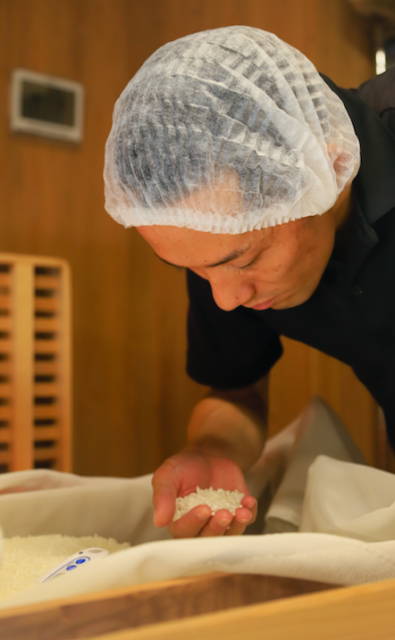
- Fujuku is to feature in an online event exclusively for employees of Singapore Air. Designed to educate the airline’s employees about Fukuju sakes, the online masterclass will take attendees inside the workings of the brewer, with a virtual behind-the-scenes tour of the sake production process.
The organizer is Fukuju’s Singapore importer.
Contact: De Majestic Vines Pte. Ltd. https://www.demajesticvines.com/ - Fukuju is also featuring prominently in Australia from 20 January. As part of a promotion organised by the sake brewer’s Australian importer Deja Vu Sake Company, restaurants and bars in the country will be offering Fukuju tasting flight sets. These contains three sakes from Fukuju; Daiginjo, Junmai Ginjo, and Junmai Sake. The participants will also have access to exclusive tasting videos with CEO of Fukuju, Mr. Takenosuke Yasufuku, as well as an introduction to the historical yet modern brewery.Contact: Deja vu Sake Company Ltd. GF/L1, 3 Winnie St, Cremorne NSW 2090 Australia
info@dejavusake.com.au
Fukuju: product highlights
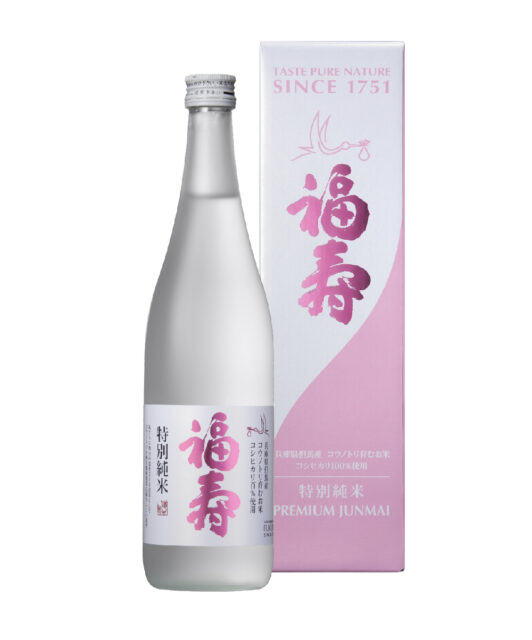
- Among the sakes sold by Fukuju is a certified vegan sake (pictured above), which raises funds for the protection of endangered storks in Japan. Called Tokubetsu Junmai Konotori, ‘Fukuju Dance of Stork’, it is one of the few sakes in Japan to receive vegan certification and the only one to combine this facet with its support for the environment.
- Fukuju also makes a series of ‘Signature’ sakes, such as Junmai Daiginjo (black label) and Daiginjo / Junmai Ginjo (a premium range).
- It also has a set of sustainable sakes: Tokubetsu-Junmai / Junmai (green label).

